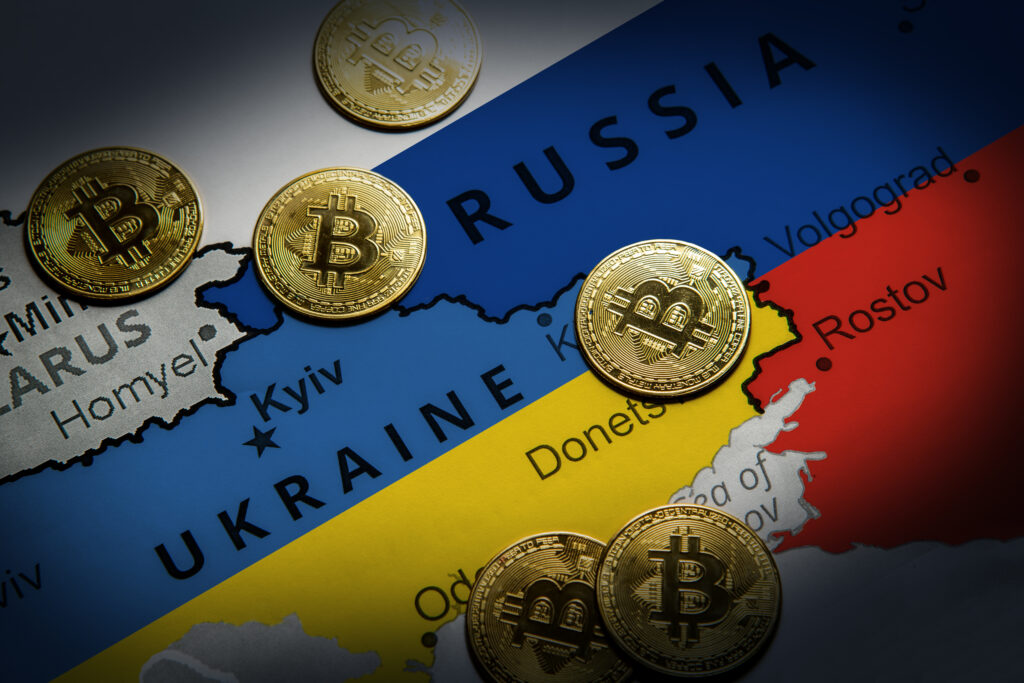Introduction Crypto War Zones
Cryptocurrencies have revolutionized finance, Crypto War Zones offering decentralization, anonymity, and borderless transactions. However, their disruptive nature has also led to unintended consequences—particularly in war zones, where digital currencies are increasingly being used to fund conflicts, evade sanctions, and finance illicit activities.
From extremist groups leveraging Bitcoin for anonymous funding to governments and rebel factions bypassing financial restrictions, crypto plays a controversial role in modern warfare. This blog delves into how digital currencies are fueling conflicts, the risks involved, and what authorities are doing to curb misuse.
How Cryptocurrencies Are Used
1. Funding Terrorist Organizations and Insurgencies
Terrorist organizations and insurgent groups have turned to cryptocurrencies as a means to fund their operations. Bitcoin, Monero, and other privacy-focused coins allow these groups to receive donations without the need for traditional banking infrastructure.
- Example: Hamas and Hezbollah have reportedly received Bitcoin donations from supporters worldwide to finance their operations.
- Dark Web Transactions: Many extremist groups leverage darknet marketplaces to receive funds in crypto, making tracking extremely difficult.

2. Evading International Sanctions
Countries facing economic sanctions, such as North Korea, Iran, and Russia, have increasingly used digital currencies to bypass restrictions imposed by the U.S. and other global powers.
- North Korea’s Cyber Warfare: North Korean hacking groups, like Lazarus, have stolen billions in crypto to fund the regime’s nuclear program.
- Iran’s Crypto Mining Strategy: Iran has turned to Bitcoin mining as an alternative revenue stream, converting mined BTC into usable assets abroad.
3. Crowdfunding for Military Conflicts
During armed conflicts, crypto has been used to crowdfund war efforts. Unlike traditional donations, which require banking approvals, crypto allows instant global transactions without intermediaries.
- Ukraine-Russia War: Ukraine raised millions in Bitcoin, Ethereum, and Polkadot to support military defense against Russia.
- Opposition Groups: Rebel groups in Myanmar and Syria have used crypto to secure funding when traditional banking access was blocked.
4. Arms and Black Market Trade
The anonymous nature of cryptocurrencies has made them a popular choice for black market arms deals, human trafficking, and illegal trade in war-torn regions.
- Dark Web Marketplaces: Weapons, drugs, and mercenary services are often purchased using crypto.
- Ransomware and Cyber Attacks: Armed groups use ransomware attacks to extort crypto payments from governments and corporations.
The Challenges of Regulating Crypto in Conflict Zones
Despite increasing efforts to regulate cryptocurrencies, war zones present unique challenges:
1. Anonymity and Untraceable Transactions
Privacy coins like Monero and Zcash make it nearly impossible to trace transactions, allowing illicit actors to operate undetected.
2. Lack of Global Crypto Regulations
Different nations have varying crypto regulations, making enforcement difficult. Many war-torn regions have no formal crypto oversight, allowing unrestricted use.
3. Use of Decentralized Finance (DeFi)
DeFi platforms provide financial services without centralized authorities, making it harder to freeze or track illicit transactions.
4. Limited Law Enforcement Capabilities
Many conflict zones lack strong law enforcement, making crypto crime enforcement nearly impossible.
Efforts to Combat Crypto-Fueled Conflicts
Despite these challenges, governments and international agencies are taking steps to curb crypto misuse in war zones:
1. Blockchain Analytics and Tracking
Firms like Chainalysis and CipherTrace help governments track illicit crypto transactions, linking wallets to known terrorist organizations.
2. Crypto Sanctions and Blacklists
- The U.S. and EU have blacklisted crypto wallets linked to terrorist groups and sanctioned countries.
- Exchanges like Binance and Coinbase monitor and block suspicious transactions.
3. Strengthening KYC & AML Compliance
Many countries now require crypto exchanges to enforce Know Your Customer (KYC) and Anti-Money Laundering (AML) regulations.
- Example: Binance implemented stricter KYC policies to prevent illicit transactions.
4. International Cooperation
Governments are working together to develop a global crypto regulatory framework, making it harder for bad actors to exploit digital currencies.
The Future of Crypto in Conflict Zones
As blockchain technology evolves, so will its role in conflicts. While cryptocurrencies offer financial freedom and innovation, they also present security risks that governments must address.
Possible Future Scenarios Possible Future Scenarios
- AI-Powered Blockchain Tracking: AI could enhance the ability to detect illicit crypto flows.
- Stronger International Regulations: More nations may adopt a global regulatory framework for crypto.
- Rise of Privacy Coins: As tracking improves, illicit actors may shift towards harder-to-trace assets.

Conclusion Crypto War Zones
Cryptocurrencies are transforming global finance, but their role in conflict zones remains controversial. While digital currencies offer new financial opportunities, they also pose serious risks when used to fund wars, evade sanctions, and enable crime.
The challenge lies in striking a balance—leveraging blockchain’s benefits while ensuring it doesn’t fuel violence and instability. Stronger regulations, enhanced tracking, and international collaboration will be key to preventing digital assets from becoming a weapon of war.
